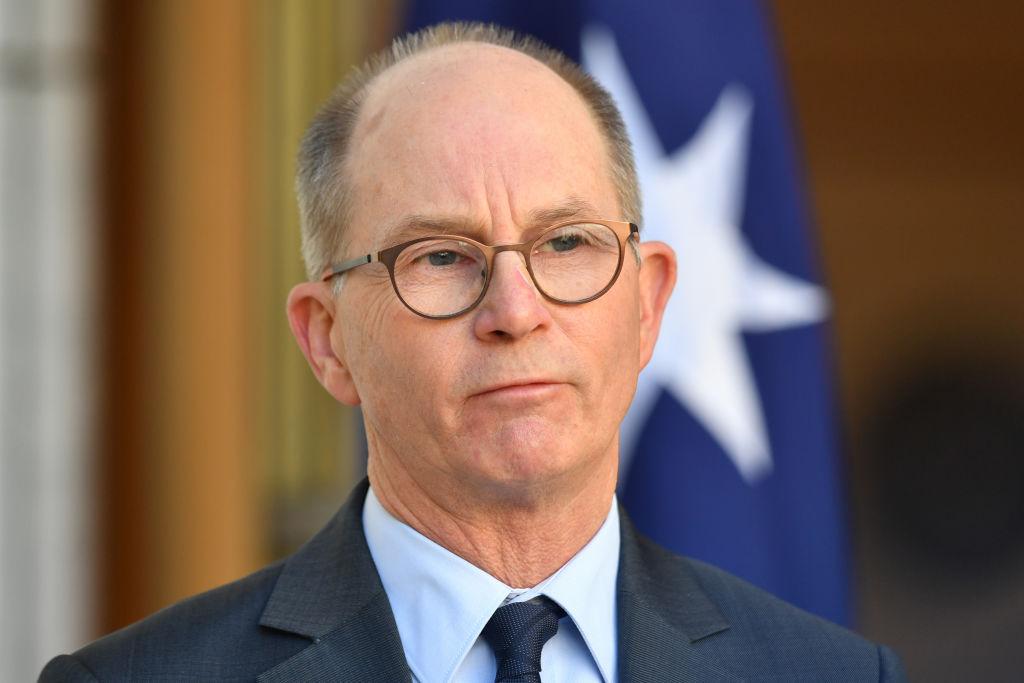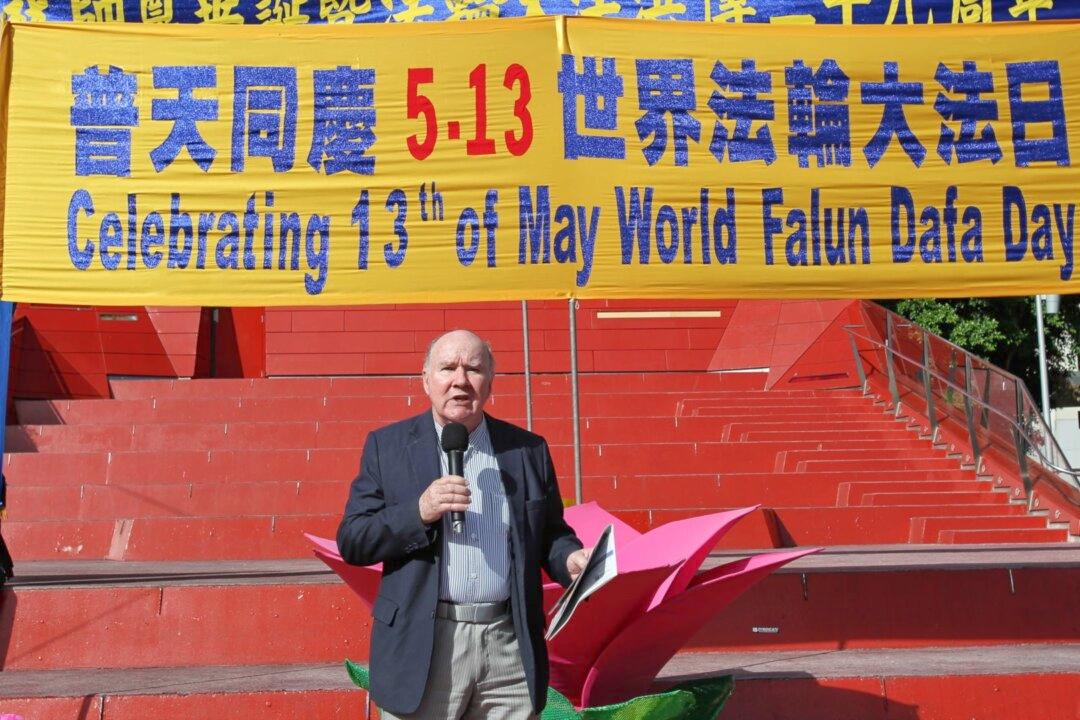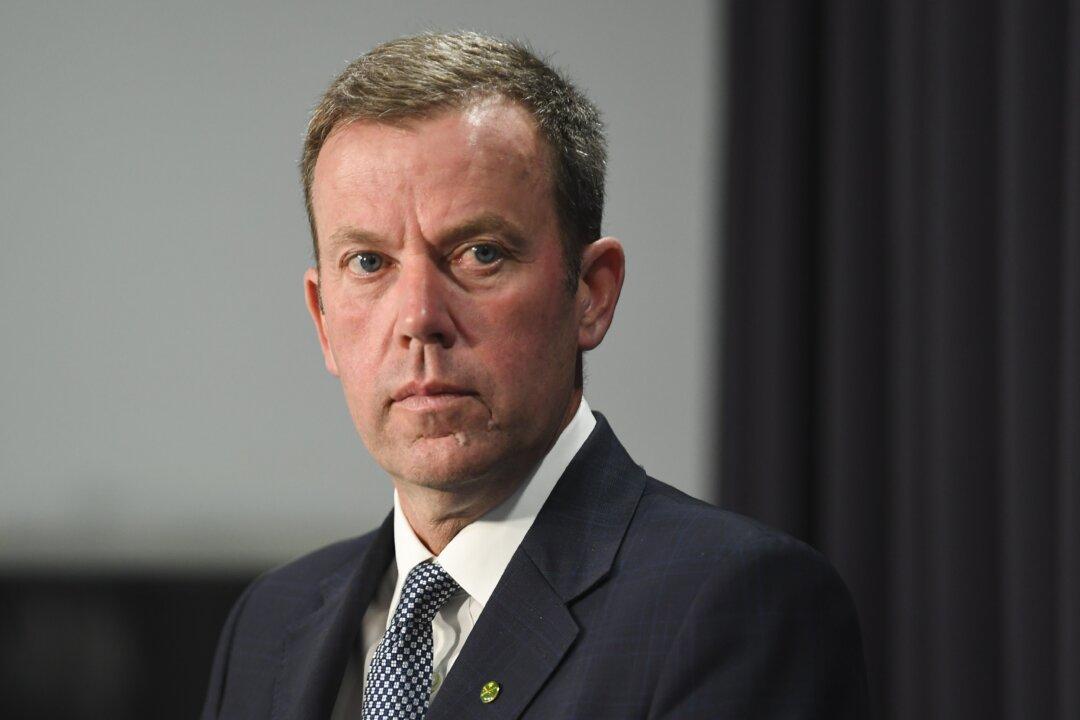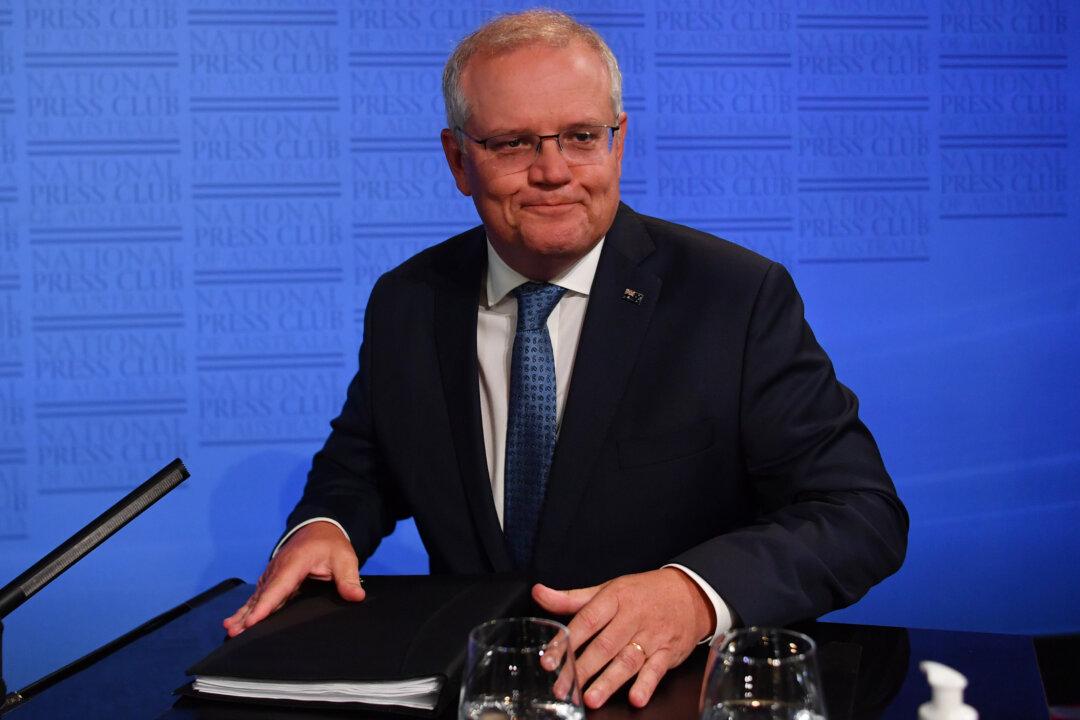The federal government will roll out the first phase of CCP virus vaccinations in the coming weeks; however, there are concerns over Pfizer’s limited supply as primary vaccine choice Oxford-AstraZeneca faces scrutiny.
Chief Medical Officer Paul Kelly has stressed that it is not a question of whether one vaccine is better than the other but one of availability under the circumstances.





